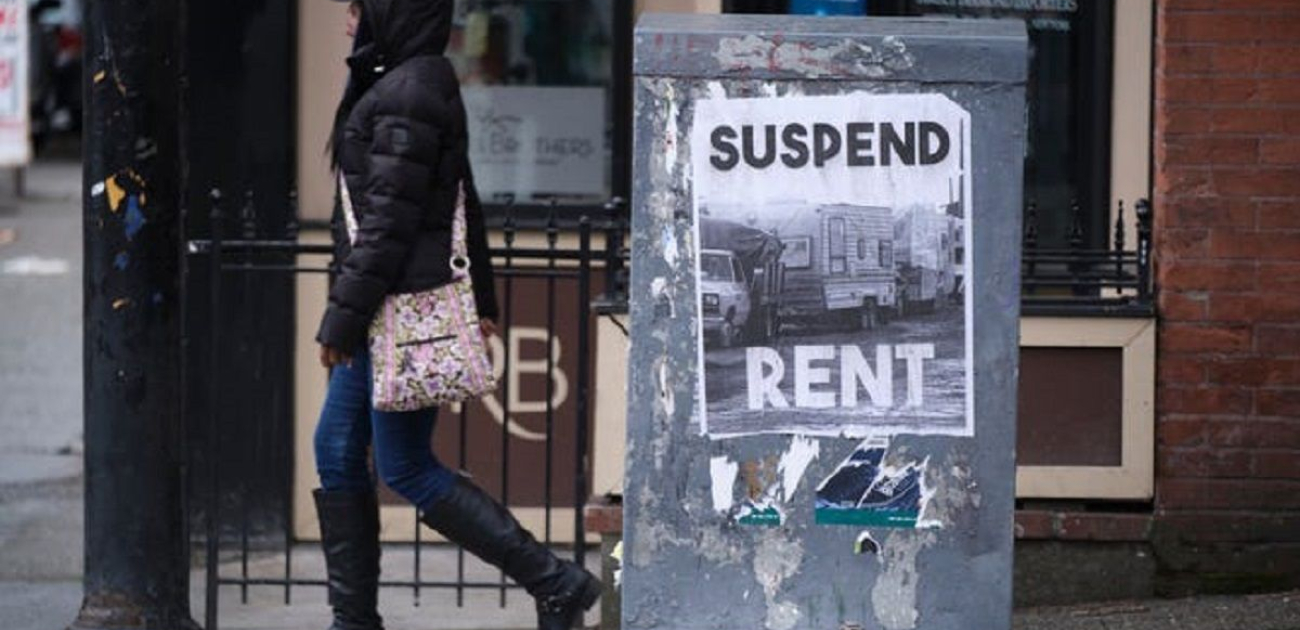Court Partially Excuses Tenant’s Rent Obligations During COVID Shutdown
In the social and economic fallout from COVID, businesses are assessing how best to address their commercial relationships, especially where potentially insurmountable barriers to performance loom large. One clause that concerns performance impossibility has gained increasing recognition in this crisis. “Force majeure” contract clauses long have existed in contracts. Largely the stuff of law school or bar exams, and often considered contract “boilerplate,” these clauses have not often been vigorously negotiated. Now, force majeure provisions have become a central and current topic of attention in legal and business circles.
In particular, as retailers and restaurant companies have been shut down across the country, they have looked to these force majeure provisions for potential rent relief. In one of the first cases to look at this issue in the context of the COVID pandemic, a bankruptcy court in Illinois has ruled in favor of the tenant.
Recently, in In re Hitz Restaurant Group,[1] the court addressed the arguments by the bankruptcy debtor and tenant, Hitz, that its obligation to pay post-bankruptcy-petition rent was excused by the force majeure provision in its lease. The provision in the lease stated that:
Landlord and Tenant shall each be excused from performing its obligations or undertakings provided in this Lease, in the event, but only so long as the performance of any of its obligations are prevented or delayed, retarded or hindered by . . . laws, governmental action or inaction, orders of government . . . . Lack of money shall not be grounds for Force Majeure.
Hitz argued that the force majeure provision was triggered by Illinois Governor J. B. Pritzker’s executive order of March 16, 2020, directing that “all businesses in the State of Illinois that offer food or beverages for on-premises consumption— including restaurants, bars, grocery stores, and food halls — must suspend service for and may not permit on-premises consumption.”
The Court construed the force majeure provision in Hitz’ favor, ruling that:
- Under Illinois law, a force majeure provision excuses contractual performance by a contract party if the force majeure event in question is the “proximate cause” of the party’s nonperformance; and that
- Pritzker’s order was “unquestionably” the proximate cause of Hitz’s inability to pay rent, at least in part, since it restricted the restaurant business to off-premises food consumption (i.e., take-out, curbside pickup and delivery).
The Court also rejected the landlord’s three arguments that the force majeure provision in the lease did not excuse payment of rent, as summarized below:
| Landlord's Argument | Court's Ruling |
| 1. The force majeure provision was not triggered by the Governor’s order because that order did not shut down banking systems or otherwise prevent Hitz from simply writing a check for the rent as due. | The Court rejected this argument “out of hand,” as “specious,” with very little discussion, other than to conclude that it “lacks any foundation in the actual language of the force majeure clause of the lease.” |
| 2. Hitz’s failure to pay rent resulted from a “lack of money,” which is expressly excluded as grounds for force majeure under the lease. | The Court considered this argument somewhat beside the point, noting that Hitz was not arguing that its lack of money caused its failure to pay rent, but rather that the Governor’s order shutting down on-premises food consumption was the proximate cause of Hitz’ “inability to generate revenue and pay rent.” |
| 3. Hitz could have obtained the money to pay rent, despite the shutdown, through loans available to it. | The Court observed that the landlord had not cited any lease language or case law to support this argument, and pointed out that nothing in the lease’s force majeure provision “requires the party adversely affected by governmental action or orders to borrow money to counteract their effects.” |
The Court did not excuse Hitz from paying rent entirely as a result of the executive order. Since the Governor’s order did allow for the continuation of off-premises food service business, the Court reasoned, Hitz could have maintained that aspect of its business. Accordingly, it concluded, Hitz’s rental obligation should be reduced via the force majeure provision “in proportion to its reduced ability to generate revenue due to the executive order.” The Court calculated this reduction as 75% of the overall obligation.
As one of the first cases to address the application of a lease’s force majeure clause on a tenant’s failure to pay rent during a COVID-related shutdown, the Court’s decision in Hitz has received a lot of attention. However, we believe there are strong reasons that the decision may be more limited in practical impact across the retail industry than currently perceived. Specifically:
- While the force majeure decision was based on Illinois state law, the case itself was determined in US bankruptcy court — a forum which might be more sympathetic to a debtor-tenant than a state court viewing the issue simply as an ‘ordinary rent payment case’ under a commercial lease.
- The Hitz court relied heavily on its determination that the Illinois governor’s order was a “proximate cause” of the failure to pay rent. Other courts may require a tighter causal nexus between the alleged force majeure event and the obligation to be excused. For example, the governor’s order might correctly be viewed as the cause of the tenant’s failure to operate a full-service, on-premises restaurant, excusing the tenant from an operating covenant. But the causal link weakens with respect to the rent obligation, which, as the act of paying money, is not inextricably connected to the inability to operate or generate revenue. Courts might also require a higher standard of causation — for example, that the event in question was not simply a proximate cause for non-performance, but that the event made performance impossible or near-impossible.
- Courts can be wrong. The Hitz court rejected “out of hand” and as “specious” the landlord’s argument that the governor’s order did not, in fact, prevent the tenant from writing a check for the rent. However, this determination without analysis or discussion seems to ignore or put to the side the general principles that force majeure: (1) is easier to invoke by a party providing good or services than a party whose obligation is “merely” to pay money; (ii) should not be invoked purely because of economic impact; and, relatedly, (iii) is an outgrowth of the common law doctrine of impossibility, which rarely, if ever, excuses financial performances, even when they have become materially more burdensome (though in fairness, on this point, the Hitz court viewed common law impossibility concepts as having been superseded by the force majeure provisions of the lease).
- Most importantly, the Hitz case underscores the need for specificity in drafting force majeure provisions, and the importance of the language in existing clauses. The Hitz lease provision stated that “[l]ack of money shall not be grounds for Force Majeure.” However, there is a potentially significant distinction between whether: (1) the lack of money is included as a force majeure event (or not), and (2) the obligation to pay rent is one which is excused upon a force majeure event (or not). Often, commercial leases will take the latter approach and expressly exclude rent payment from the obligations which otherwise would be excused by a force majeure event. That approach would be distinguishable from the Hitz lease, which excluded “lack of money” from the list of force majeure events, but which apparently did not exclude the obligation to pay rent from the obligations excused upon a force majeure event.
[1] In re Hitz Rest. Grp., Case No. 20-05012, 2020 WL 2924523 (Bankr. N.D. Ill. June 3, 2020)
Do you want more information?
 Daniel R. Avery
Daniel R. AveryPublic and privately-held international and domestic companies with cross-border and multi-country M&A transactions turn to Dan Avery, a Director, for legal representation. Dan is a member of the ABA’s committee that publishes private company M&A deal point studies and of the M&A Advisory Board for the Bloomberg M&A Law Reporter.

